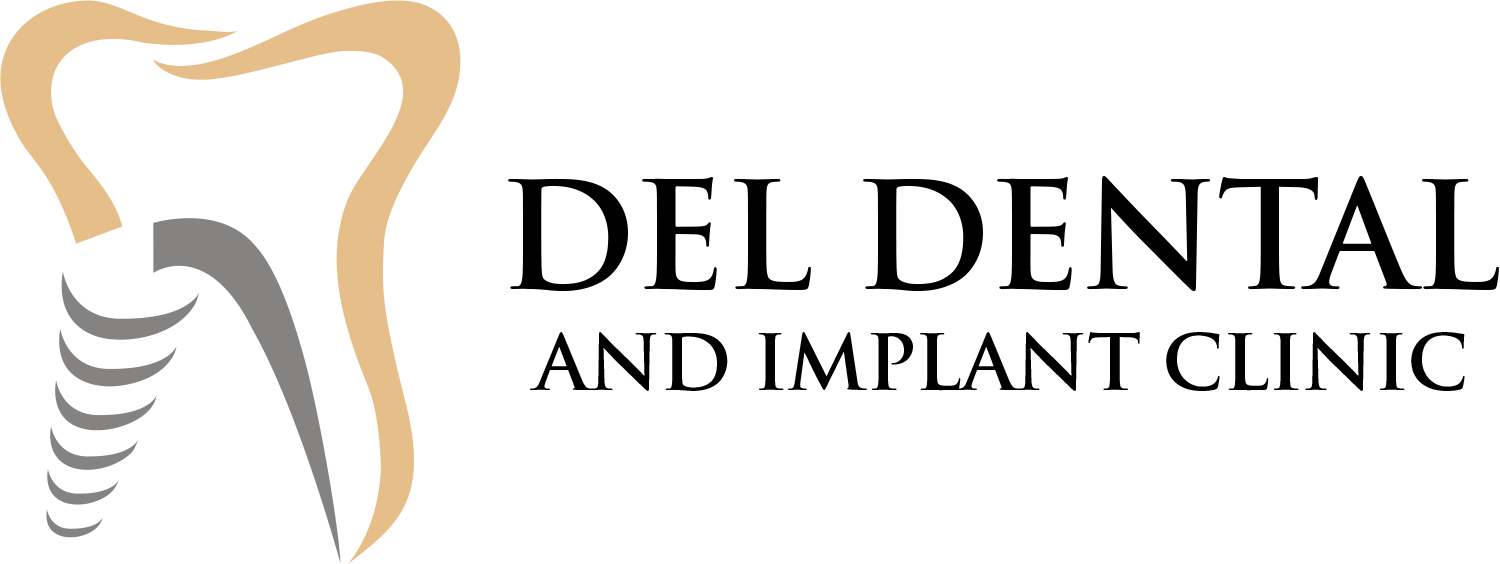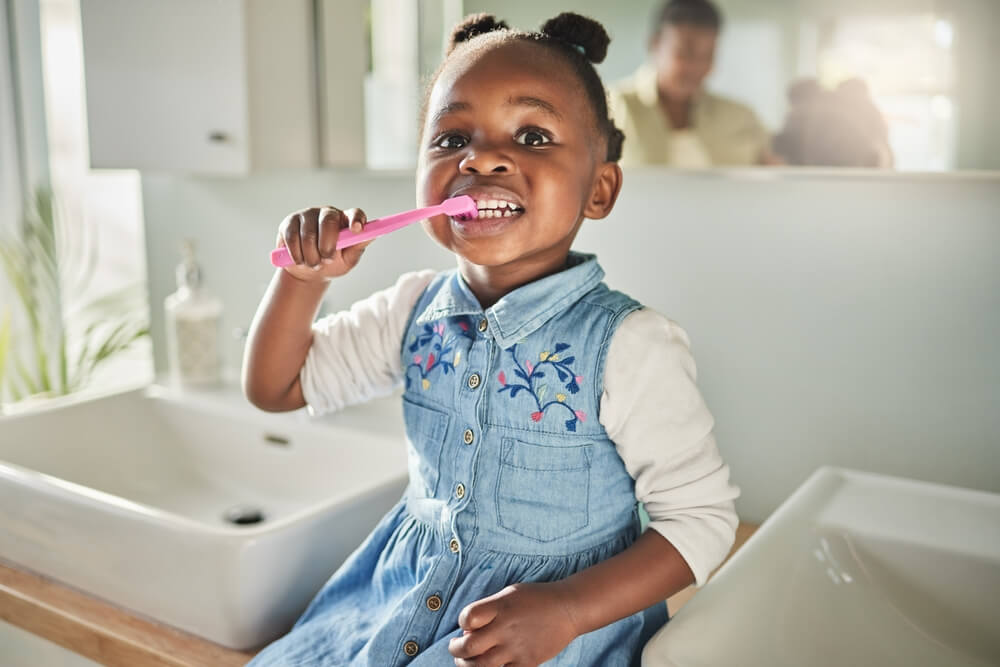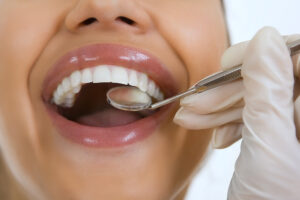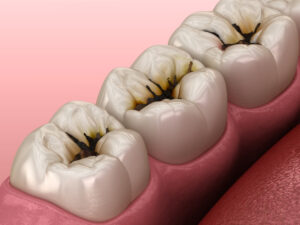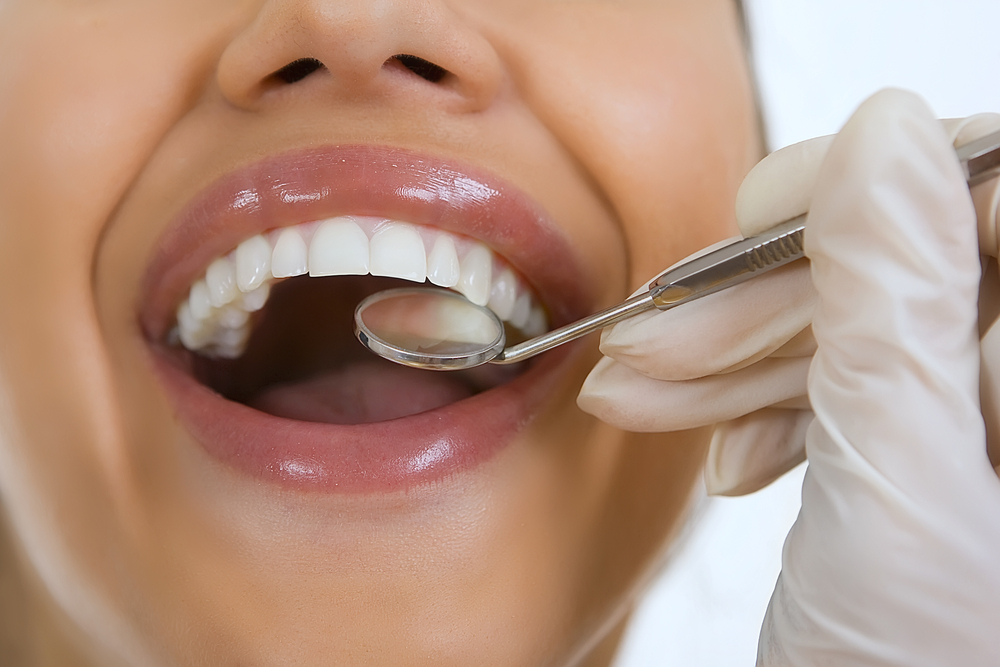Raising children is a full-time job. Taking care of your child’s teeth starts from infancy. Yes, those pearly white teeth also need to be brushed twice a day. Good oral care tends to set strong oral hygiene practices for your child as they grow. Poor dental hygiene can lead to infections and other oral health problems.
When does oral care start?
Before your child’s first tooth erupts, you can start gently cleaning their gums with a clean piece of gauze or cloth. This lets your child become familiar with the process. After the child gains a few more teeth, a soft toothbrush can be used, with a tiny smear of children’s toothpaste.
Fluoride and brushing
By three years, you may start to use a pea-sized amount of children’s toothpaste. Toothpaste contains a component called fluoride. This fluoride is useful for making teeth strong and preventing cavities that are a sign of caries. However, high amounts of fluoride can be harmful to developing teeth. Children’s toothpaste contains a safe amount of fluoride for your child’s daily use. By age three, your child should be encouraged to assist you whilst you brush their teeth. You can use a timer so your child knows to brush their teeth for 2 minutes. Books and videos that demonstrate proper oral care are helpful for making the process fun. By age 7 or 8, children may be able to brush their teeth themselves under watchful supervision. Your child should also be flossing.
Cavities
Cavities are holes that develop in your teeth. They are a result of the tooth surface being broken down by acids produced by bacterial acting on food residue. Putting your child to sleep with a bottle can harm their teeth. A good way to prevent cavities from developing in your child’s teeth would be to reduce snacking in between meals and introduce drinking water after meals to rinse their mouths. Parents should not encourage eating foods with a high sugar content. Parents can also inspect their children’s teeth for cavities and visit a clinic as soon as one is noticed.
Things to consider
The American Academy of Pediatric Dentistry recommends that children should have seen a dentist for their first checkup around their first birthday. Milk teeth start to appear around 4 to 7 months of age. By 3 years, all the milk teeth would have erupted. If your child plays sports. They should wear a mouthguard to protect their teeth from injuries. Dental visits around the age of 6 are critical. The dentist will let you know if there may be anything to look out for concerning the arrangement of their teeth. When caught early, alignment issues may be corrected without the need for braces in the future. Around this time milk teeth will start to fall off to make way for adult teeth. Habits like thumb sucking and lip sucking will need to be stopped by age 4, to prevent mal-alignment of your child’s teeth.
In conclusion, caring for your child’s teeth is important for your child’s overall health. They will need their teeth to eat and talk, unaesthetic teeth may affect your child’s confidence and impact their social development.
